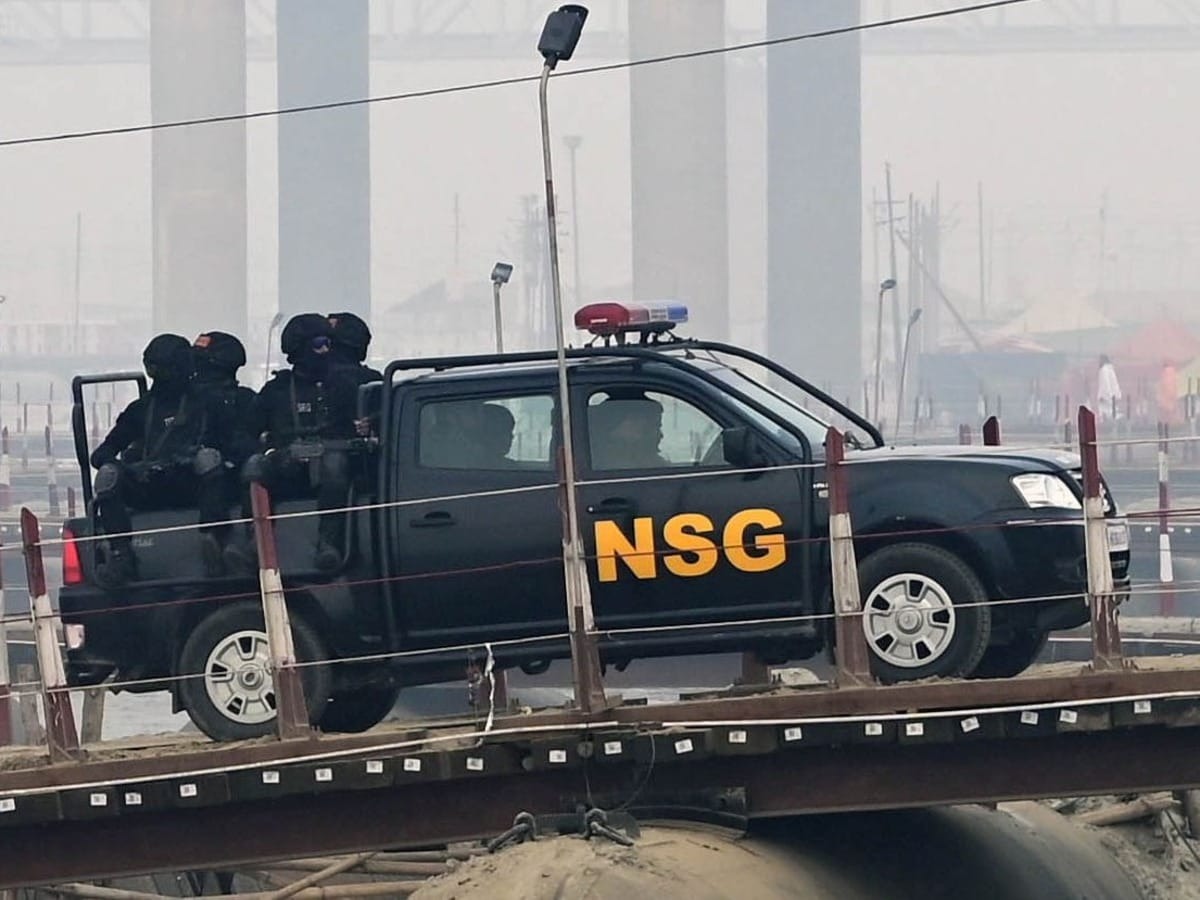Very few people who know the sanctity of the Kumbh Mela and its religious significance know that there were times in the history of India when this fair was banned. Especially in the Kumbh Mela of 1942 and 1858, there was a ban on the arrival of devotees. There were different reasons and circumstances behind these restrictions, but both times were going through important periods in Indian history.
Kumbh of 1942: Impact of World War II and the fight for independence
The Kumbh Mela of 1942 became a victim of the unusual circumstances of that time. This was the period when the world was burning in the fire of World War II and the Quit India Movement against the British was gaining momentum in India.
British argument: threat of war
One of the main reasons cited by the British for banning the Kumbh Mela was the fear of Japan dropping bombs on Allahabad (now Prayagraj).
- Trains and other means of transport going to Allahabad started being strictly checked.
- The passengers were forcibly sent back, so that the crowd in the fair could be reduced.
- There were rumors that Japanese planes might attack Prayagraj, and the fair site might be targeted.
Another aspect related to the freedom struggle
Some historians believe that another reason for this ban was the Quit India Movement.
- Kumbh Mela had become a major meeting center for freedom fighters.
- The British feared that the people who came to the Kumbh could intensify it by joining the movement.
- Nevertheless, some devotees reached the fair in small numbers and performed religious rituals.
Kumbh of 1858: Impact of the Revolt of 1857
The Kumbh Mela of 1858 was to be held immediately after India’s first war of independence (1857). This fair also became witness to historical events and upheavals.
shadow of rebellion and oppression
- During the Revolt of 1857, Allahabad was a major center of rebellion.
- The rebels under the leadership of Maulana Liaquat Ali challenged the British rule in Allahabad.
- After the rebellion, the British hanged many revolutionaries and intensified repressive activities in the area.
ban on kumbh mela
The Kumbh Mela of 1858 was banned due to the turbulent environment of that time.
- Army tents were set up in place of devotees around the fort and in the fair area.
- Even local people were not allowed to enter the fair area.
observance of religious traditions
Religious activities were completely stopped in the Kumbh of 1858. Despite this, devotees and pilgrim priests found a unique way to follow the traditions.
- Some pilgrim priests would bring water from the Sangam in pots and mix it with the Ganga at Daraganj.
- Local people used this water for religious bathing.
Social and historical impact of ban on fairs
- Kumbh of 1942: This fair became a center of political importance due to the Second World War and the independence movement.
- Kumbh of 1858: After the rebellion of 1857, it became a victim of the oppressive attitude of the British.
These incidents showed that even religious events like Kumbh do not remain untouched by political and social upheavals.
